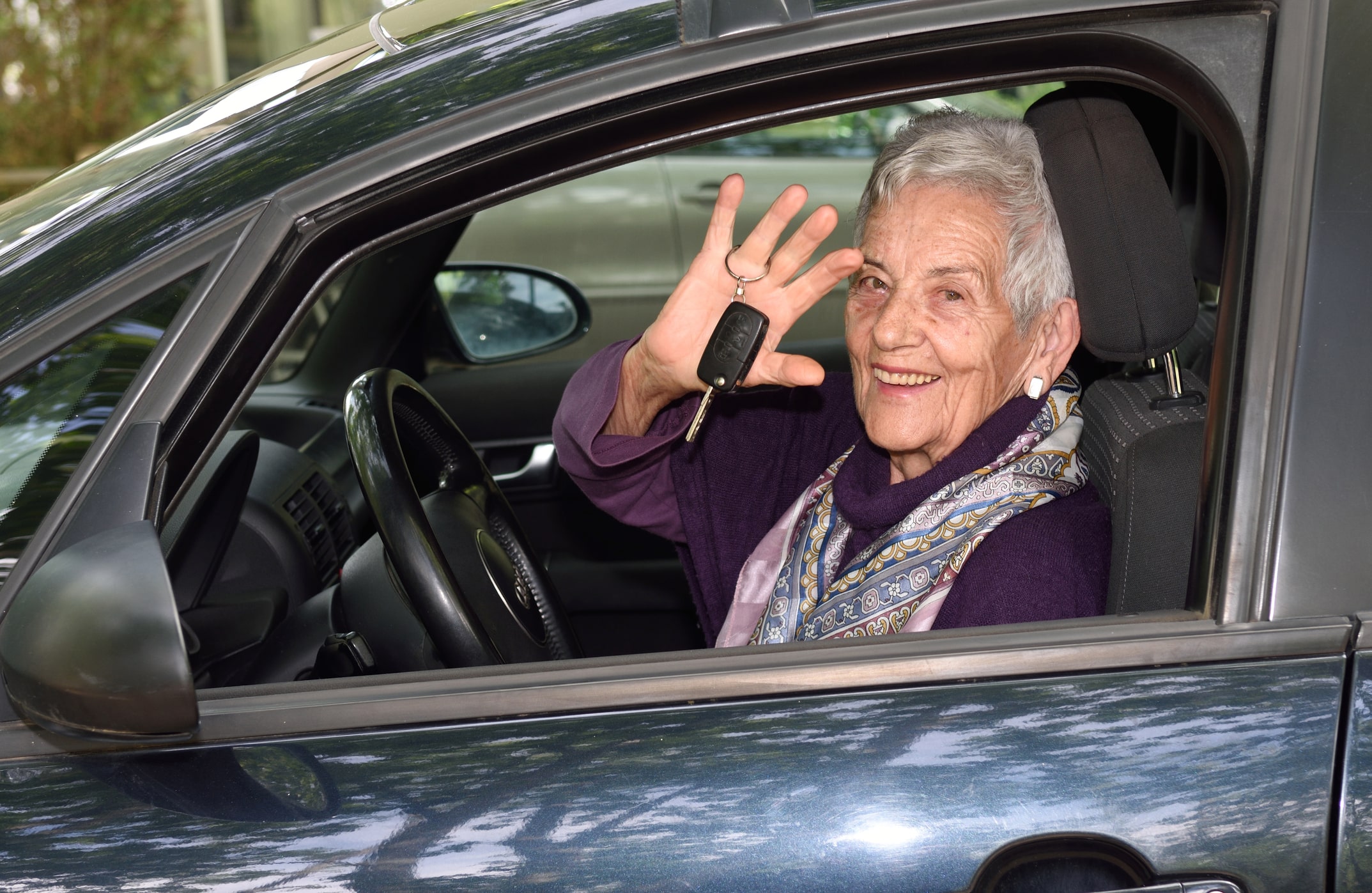
December 7th, 2020
Driving is often seen as a key to our independence. With the keys comes the ability to get to all the places we need to go. The grocery store, pharmacy, doctor, or even out to the mall or the movies. The thought of no longer being able to drive can, naturally, be alarming for an older adult. So, what do you do when you have concerns about an older loved one’s driving? How do you determine if they are still safe on the road? How do you start a conversation? How can older adults still get to the places they need to go if they can no longer drive?
Are They Still Safe?
Older drivers are not necessarily unsafe drivers, and many drivers continue to drive safely well into their older years. If you are worried about a loved one’s driving, keep an eye out for signs of declining ability— fender benders, complaints of being honked at, feeling stressed while driving or getting lost on familiar routes are all signs that there may be a decline in the ability to safely operate a motor vehicle. Remember that health issues can also contribute to a decline in driving ability.
What Do You Do if You Have Concerns?
If you are concerned, it may be a good idea to take a casual ride with your loved one. Take notice of whether he or she is paying attention to traffic signals and signs. How is their reaction time? Do they seem comfortable behind the wheel? These are all things that can have an impact on the ability to drive safely. Older drivers can also use self-assessment tools, like the Self-Rating Driver Tool and Interactive Driver Evaluation offered online by the AAA Auto Club Group. These self-assessments can help drivers gauge their own driving ability and get a sense of how safe they are. A professional evaluation performed by a trained driving evaluator or an occupational therapist may also be helpful. AgeWays’s myride 2 mobility management program can connect you to local evaluators.
Sometimes a driver’s abilities have declined, but not to the point where he or she should stop driving. If that is the case, it may be a good idea to suggest your loved one limit their driving to safer situations (such as driving only during daylight hours, avoiding rush-hour traffic or limiting themselves to familiar neighborhoods and routes). Such simple changes can be enough to ensure everyone’s safety. Taking a refresher driving course can also be a good idea. A resource such as AARP has an online SMART Driver Course that can help drivers update their skills.
Having a Conversation About Driving
Ultimately, there may come a time where you feel your loved one needs to stop driving. Perhaps it may be time to talk about giving up the keys. This can be a difficult conversation. For tips on making this productive, visit The Hartford’s website and read their article on Family Conversations with Older Drivers. Remember that several conversations may be necessary before your loved one truly understands that it is no longer safe to drive.
Making an “After Driving Plan”
Keep in mind that your loved one will now also need help and additional support. The mobility specialists at AgeWays’s my ride 2 mobility management program can help connect you to transportation options and make an “after driving” mobility plan. Mobility plans can enlist the help of friends, family and neighbors and may also include local transportation services geared specifically for older adults. Myride2 serves four counties in southeast Michigan (Macomb, Oakland, Washtenaw, and Wayne) and can also help arrange rides for seniors and adults with disabilities. Whether you need wheelchair accessible, door-to-door, door-through-door, or curb-to-curb service, myride2 has resources that can assist. While arranging the ride is free, you or your loved one will have to pay the transportation company directly. To learn more, visit the myride2 website or call 855-myride2 (855-697-4332).
The State of Michigan’s Safe Drivers Smart Options website has lots of tips about older driver safety, preparing for driving retirement, and having conversations with older drivers. You can download Michigan’s Guide for Aging Drivers and Their Families.